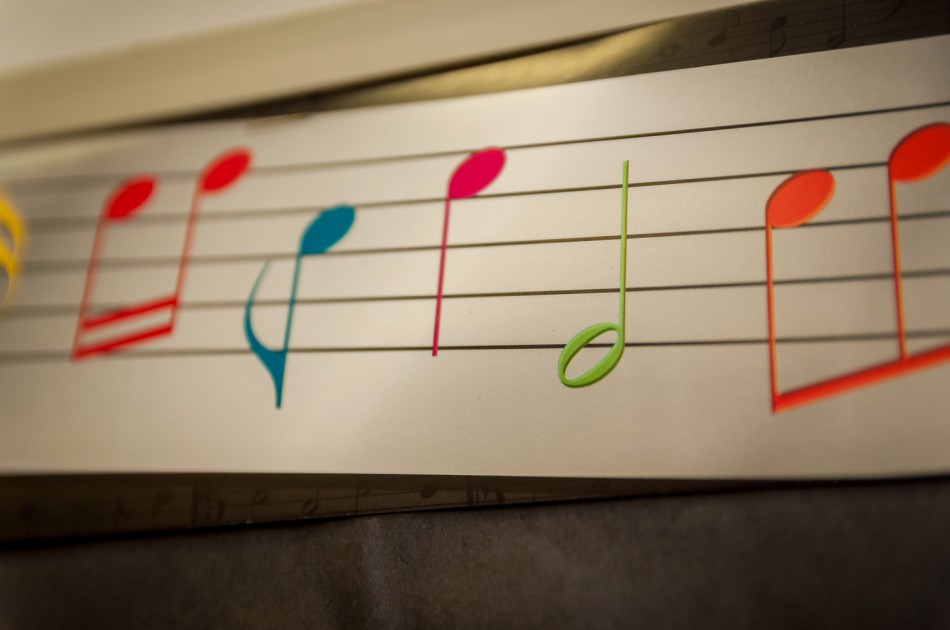Future students must re-audition for music scholarship
April 22, 2015
The Helen Boatwright scholarship is awarded to students who participate in music to help with their colligate career. Students receive the scholarship award through auditioning either their vocal or instrumental talents.
Daniel David Black, assistant professor of music and director of choral activities, has implemented a new policy concerning the scholarship.
“We’re trying to build a culture of excellence,” said Black. “We’re not weeding anyone out, but awarding students with higher skill sets.”
According to Black, the practice of re-auditioning for scholarships is a common one, but students who are already receiving the scholarship will be grandfathered in.
“You won’t see the effects of the change for a couple of years,” said Black. “This change is more for the incoming and transfer students.”
Black and the other professors will evaluate the students on their progress when determining on whether to award the scholarship or not.
“You know when a student has improved or hasn’t improved,” said Black. “We’ll be able to tell who has actually been playing and practicing and who hasn’t.”
Students will be able to re-audition for their scholarship if they happen to lose it, but that audition will happen in the next year.
Malcolm Blakley, business major, agrees with the change.
“I like it,” said Blakley. “I think it’s a good idea to make non-music majors keep getting better, but I think it’s on them to get players that want to get better, and that means they need to start recruiting at bigger places with art schools and schools with big music programs like Milwaukee and Chicago.”By Benjamin wilks
Sports editor
The Helen Boatwright scholarship is awarded to students who participate in music to help with their colligate career. Students receive the scholarship award through auditioning either their vocal or instrumental talents.
Daniel David Black, assistant professor of music and director of choral activities, has implemented a new policy concerning the scholarship.
“We’re trying to build a culture of excellence,” said Black. “We’re not weeding anyone out, but awarding students with higher skill sets.”
According to Black, the practice of re-auditioning for scholarships is a common one, but students who are already receiving the scholarship will be grandfathered in.
“You won’t see the effects of the change for a couple of years,” said Black. “This change is more for the incoming and transfer students.”
Black and the other professors will evaluate the students on their progress when determining on whether to award the scholarship or not.
“You know when a student has improved or hasn’t improved,” said Black. “We’ll be able to tell who has actually been playing and practicing and who hasn’t.”
Students will be able to re-audition for their scholarship if they happen to lose it, but that audition will happen in the next year.
Malcolm Blakley, business major, agrees with the change.
“I like it,” said Blakley. “I think it’s a good idea to make non-music majors keep getting better, but I think it’s on them to get players that want to get better, and that means they need to start recruiting at bigger places with art schools and schools with big music programs like Milwaukee and Chicago.”


